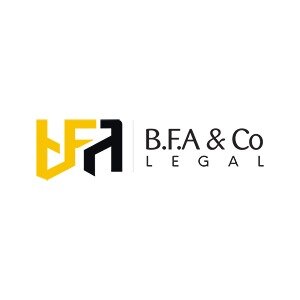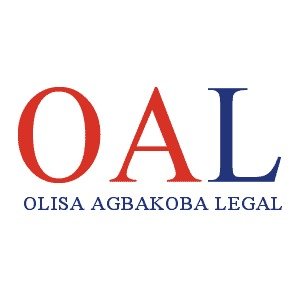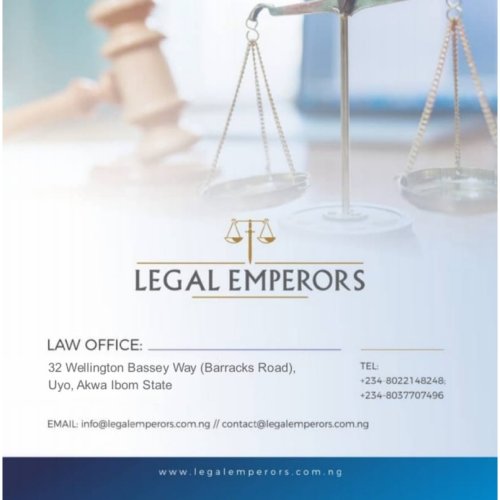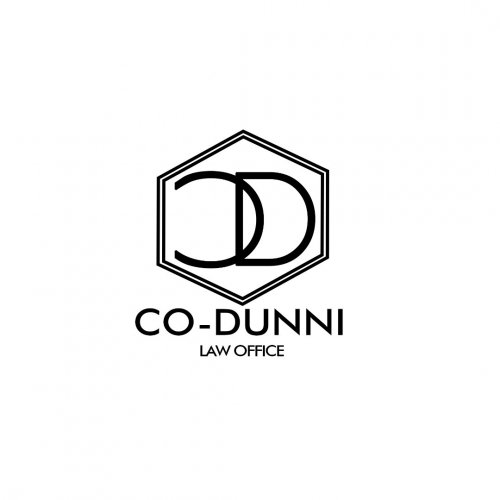Best Elder Abuse Law Lawyers in Nigeria
Share your needs with us, get contacted by law firms.
Free. Takes 2 min.
Or refine your search by selecting a city:
List of the best lawyers in Nigeria
About Elder Abuse Law in Nigeria
In Nigeria, Elder Abuse Law is designed to protect older adults from mistreatment and harm by those in positions of trust. While formal legislation may not be as extensive as in some jurisdictions, the abuse of elderly individuals is a serious issue addressed under broader laws relating to assault, neglect, and domestic violence. The Nigerian legal framework seeks to safeguard the rights and dignity of older persons and ensure they receive fair treatment and protection from any form of exploitation or abuse.
Why You May Need a Lawyer
There are numerous situations where obtaining legal assistance in Elder Abuse Law could be beneficial:
- If you suspect an elderly person is being physically, emotionally, or financially abused.
- To help report and stop neglect by caregivers or family members.
- If an elder is being manipulated for their assets or resources.
- For legal representation in courts for elder abuse cases.
- Assistance with understanding and drafting wills or powers of attorney to protect an elder’s interests.
- To navigate the complexities of Nigerian laws when seeking justice for elder abuse.
Local Laws Overview
In Nigeria, cases of elder abuse may be addressed under various laws aimed at protecting citizens from different forms of abuse and maltreatment:
- Criminal Code Act and Penal Code: These provide the legal foundation to prosecute acts of violence and harm against individuals, including the elderly.
- Violence Against Persons (Prohibition) Act (VAPP): Applies to cases involving violence and provides a broad framework for the protection of all persons, including the elderly, from abuse.
- Child Rights Act: Although aimed at children, some states have adapted aspects to protect vulnerable adults as well.
- Care Policies and Initiatives: These include national and state-level strategies to promote the welfare of older persons, although not strictly legislative.
Frequently Asked Questions
What constitutes elder abuse in Nigeria?
Elder abuse includes physical, emotional, or financial harm, neglect, or exploitation of an older adult by someone in a trusted position, such as a caregiver, family member, or friend.
What should I do if I suspect elder abuse?
You should report your concerns to the local authorities, social services, or legal professionals who specialize in elder abuse. Documentation of any evidence or patterns of behavior is also helpful.
Are there specific laws against elder abuse in Nigeria?
While there isn't a specific statutory framework exclusively addressing elder abuse, various acts and broader laws encompassing assault, neglect, and violence provide recourse for such cases.
Can elder abuse be reported anonymously?
Yes, you can report suspected elder abuse anonymously, particularly through social services or other agencies responsible for welfare and protection.
What kind of proof is needed to pursue elder abuse allegations?
Evidence can include medical records, financial documents, eyewitness accounts, and any documented incidents of suspected abuse or neglect.
Is financial manipulation of an elder considered abuse?
Yes, exploiting an elder for financial gain, manipulating their financial decisions, or illegally accessing their funds is considered financial abuse.
How does one initiate legal action for elder abuse?
To initiate legal action, it is advisable to consult with a lawyer specializing in elder or family law to understand the viable legal avenues and file the appropriate legal documents.
Can an elder refuse legal intervention in abuse cases?
Elders can often refuse legal intervention unless they are deemed legally incompetent or incapable of making decisions about their welfare.
How can families prevent elder abuse?
Education about rights and signs of abuse, proper documentation of legal matters (wills, power of attorney), and vigilant supervision of elder care services are critical preventative strategies.
What resources are available for abused elders?
Several NGOs, social service agencies, and legal aid clinics in Nigeria can provide assistance and intervention for elders experiencing abuse.
Additional Resources
Here are some helpful resources and organizations to contact for assistance:
- National Human Rights Commission: Provides support and guidance for human rights violations, including elder abuse.
- Legal Aid Council of Nigeria: Offers free legal services to those unable to afford private legal representation.
- Nigerian Police Force: Local divisions can take reports of violent or criminal behavior towards elders.
- Social Welfare Agencies: Available in various states to provide advocacy and support for elder individuals.
Next Steps
If you need legal assistance regarding elder abuse in Nigeria, consider the following steps:
- Research and contact a lawyer with experience in elder law or family law.
- Gather all relevant documentation and evidence of suspected abuse.
- Consider reaching out to local governmental agencies or non-profit organizations that provide advocacy and support for elders.
- Stay informed about local laws and policies related to elder protection and rights.
Lawzana helps you find the best lawyers and law firms in Nigeria through a curated and pre-screened list of qualified legal professionals. Our platform offers rankings and detailed profiles of attorneys and law firms, allowing you to compare based on practice areas, including Elder Abuse Law, experience, and client feedback.
Each profile includes a description of the firm's areas of practice, client reviews, team members and partners, year of establishment, spoken languages, office locations, contact information, social media presence, and any published articles or resources. Most firms on our platform speak English and are experienced in both local and international legal matters.
Get a quote from top-rated law firms in Nigeria — quickly, securely, and without unnecessary hassle.
Disclaimer:
The information provided on this page is for general informational purposes only and does not constitute legal advice. While we strive to ensure the accuracy and relevance of the content, legal information may change over time, and interpretations of the law can vary. You should always consult with a qualified legal professional for advice specific to your situation.
We disclaim all liability for actions taken or not taken based on the content of this page. If you believe any information is incorrect or outdated, please contact us, and we will review and update it where appropriate.
Browse elder abuse law law firms by city in Nigeria
Refine your search by selecting a city.

















